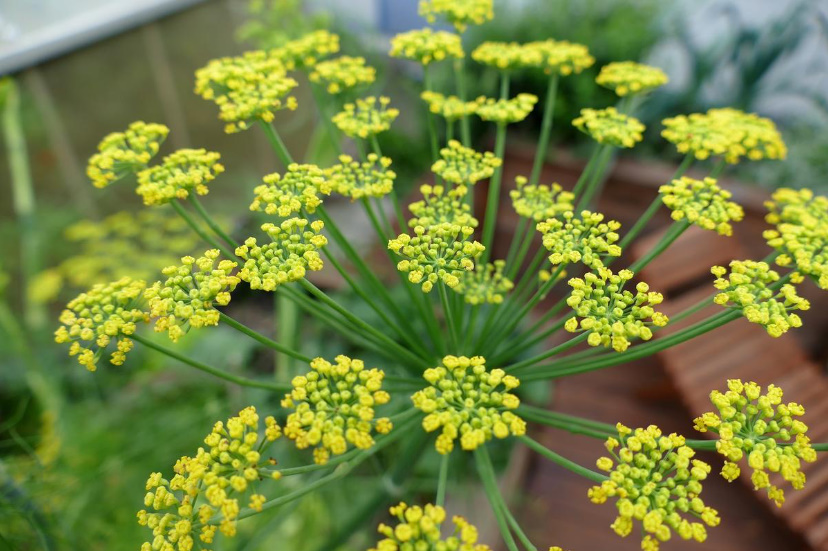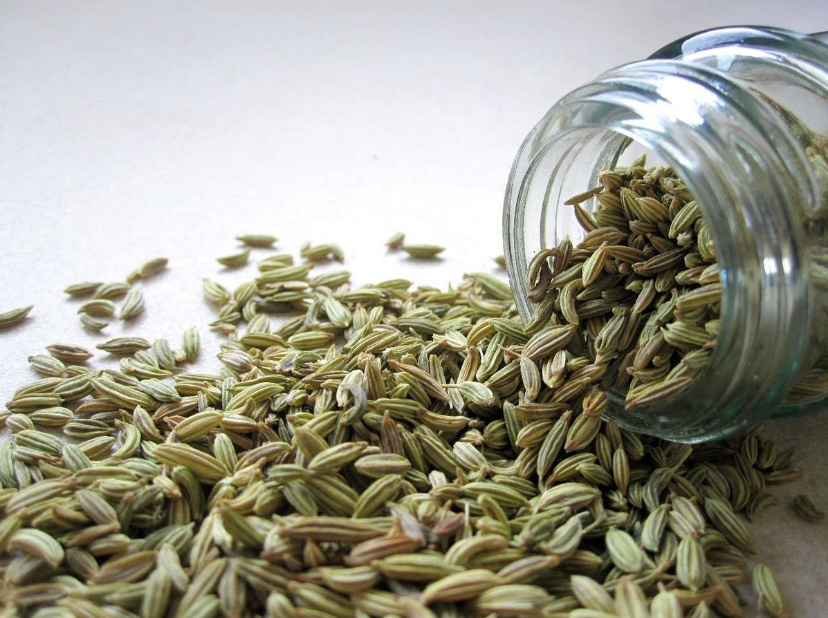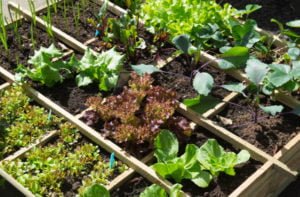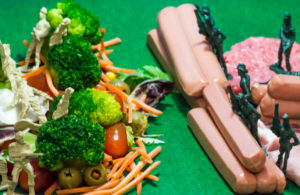
Fennel is not the most popular plant among gardeners, it is rarely found in suburban areas. But perhaps, after learning more about its beneficial properties, you will want to grow this useful spicy culture in your beds.
What is useful for fennel and how does traditional medicine use it
Did you know that the dill water familiar to many, which helps with colic of newborns, is made from fennel seeds, and not dill at all? Foeniculum vulgare is also called sweet dill, or pharmacy dill for a reason — they are similar in appearance, but their flavors differ: fennel smells like anise.
The seeds of this plant have a complex chemical composition: essential oil (up to 6.5%), fatty oil (up to 20%), organic acids (malic, aniseed, amber), flavonoids, macro- and microelements (potassium, calcium, magnesium, iron, copper, selenium, zinc, copper, boron). Fennel greens are high in vitamin C and carotene.
As medicinal raw materials in folk medicine, fennel seeds are used, which have a pronounced carminative, soothing, antispasmodic effect. In addition, their anti-inflammatory, antipyretic, choleretic, laxative effect, mild diuretic, expectorant effect is noted.

Infusion of fennel seeds helps to improve digestion, increase appetite and regulate metabolic processes. It is effective for flatulence, gastrointestinal cramps; it is also used for intestinal atony, constipation.
Decoction of seeds is used as an expectorant for colds and bronchitis. Folk medicine also uses fennel preparations in the treatment of other respiratory diseases: influenza, pneumonia, bronchial asthma, pulmonary tuberculosis.
Infusions, decoctions and oil from fennel seeds are used for diseases of the kidneys and bladder; liver and gallbladder; nervous diseases and insomnia; menstrual disorders; to increase the amount of breast milk in nursing women.
Fennel oil can also be used externally (masks, lotions) when caring for problem skin (acne, enlarged pores), and wine infused with fennel and celery is recommended for vitamin deficiency, weakening potency and poor blood clotting.
Fennel seeds are included in a variety of herbal teas and teas: carminative, choleretic, diuretic, breast, sedative, fees for nursing mothers and herbal teas for weight loss. Greens are recommended to be used in food as a source of vitamins and a tonic.
Medicinal raw materials are harvested by cutting off the tops of plants with browned seeds. They are dried, tied in bundles and hung in a well-ventilated room, and then threshed. Fennel seeds can be stored for up to 3 years.
Who should not use fennel
A contraindication to the use of fennel and medications based on it is epilepsy. Treatment with this plant is also not recommended for pregnancy and diarrhea.



